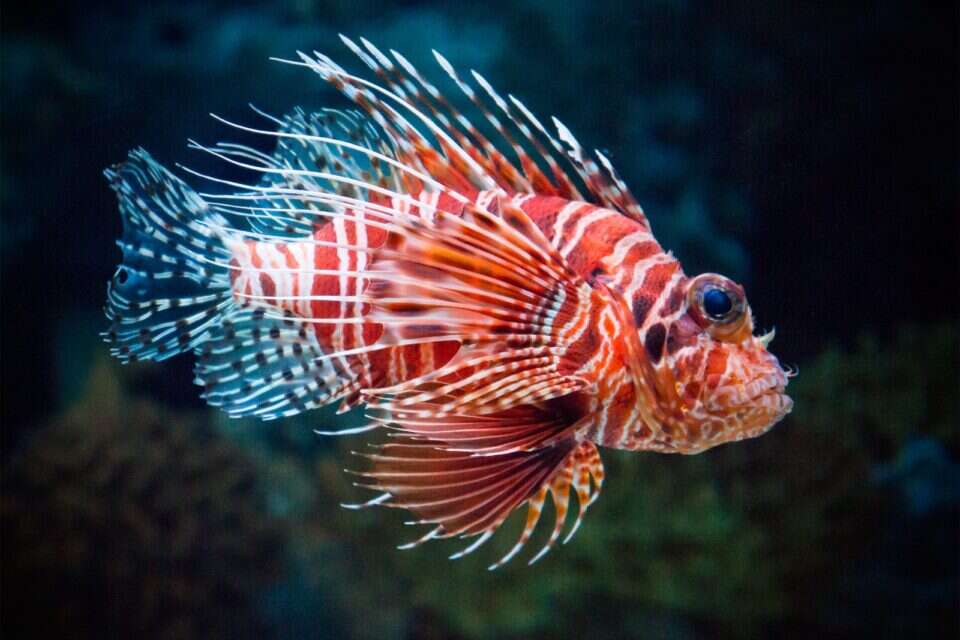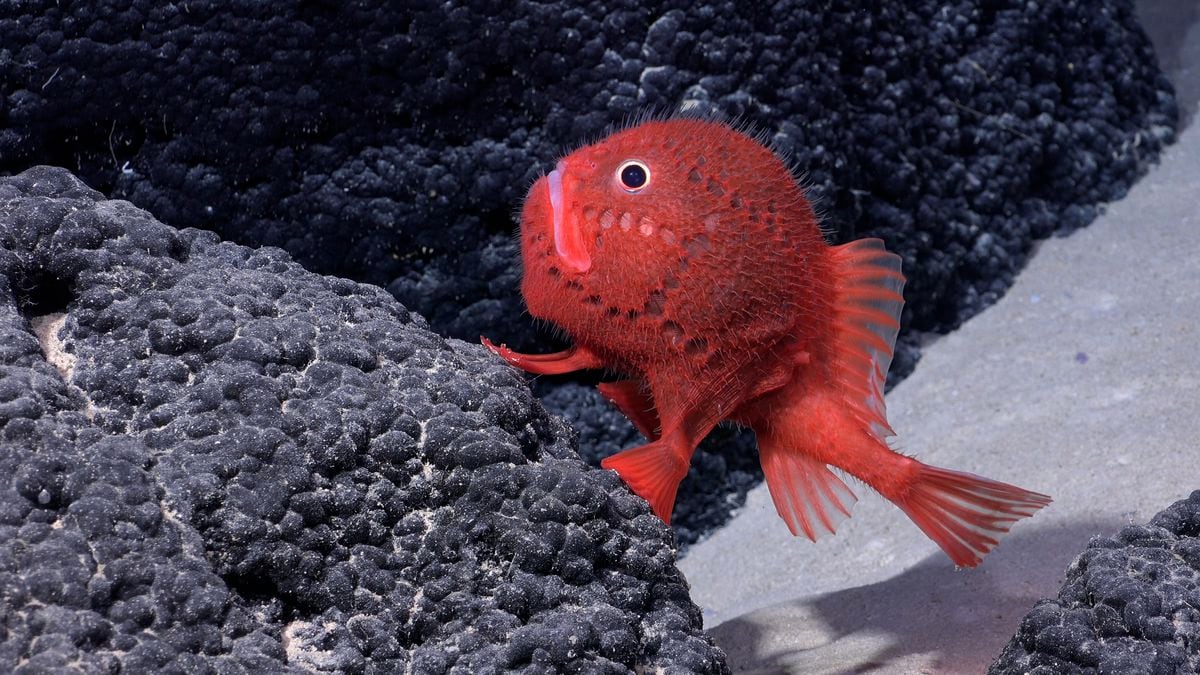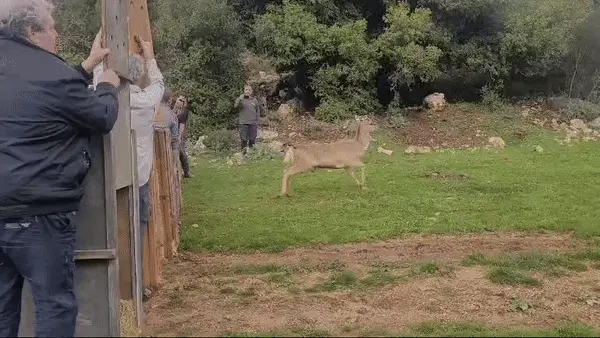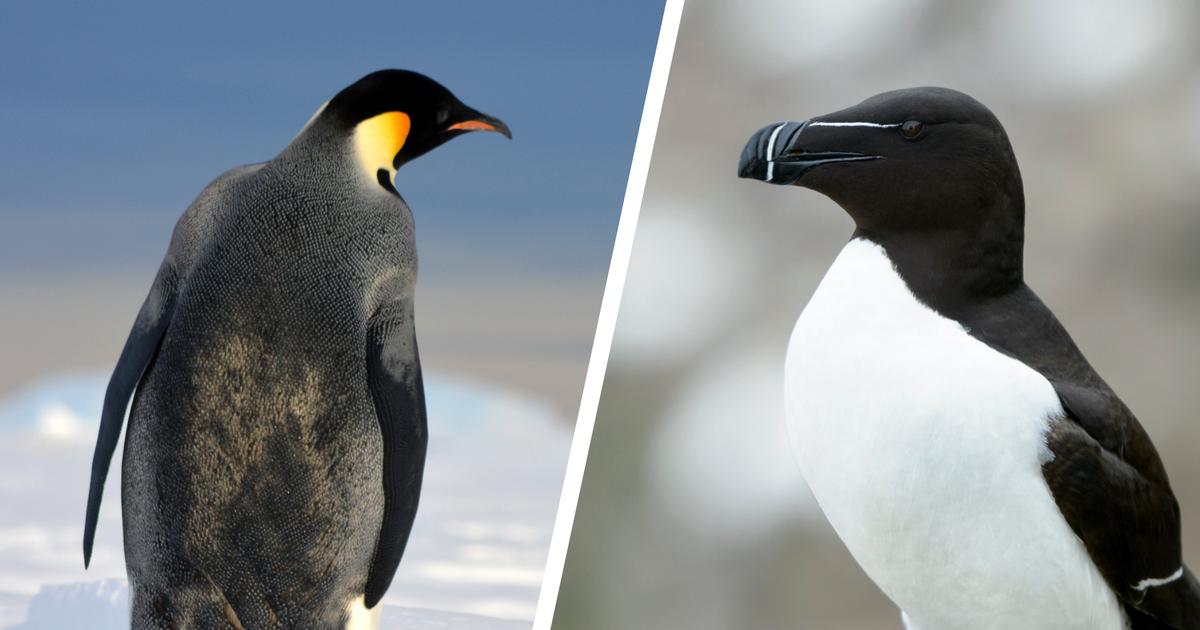Up to 40% of species living in the deep sea twilight zone are expected to go extinct by the end of this century if humanity does not stop global warming, according to a new study.
According to the study, which looked at ancient periods when Earth's oceans were warmer, similar warming of our planet would lead to the mass extinction of creatures of the depths from the mysterious twilight zone of the oceans. The twilight zone in question is a partially illuminated habitat located at depths between 200 and 1,000 meters below sea level, where many creatures live, including "glowing in the dark" fish, strawberry squid, and even some species of sharks.
Saw ribbon fish, photo: iStock
The study also found that if global warming continues at its current rate, within 150 years, life in this stratum will be so severely affected all over the world that some animal species will simply become extinct.
The reason for the process of extinction is due to the form of nutrition of the animals in this region. Normally, these animals feed on dead plankton, animal residues, scales and even excrement, but if the ocean temperature rises, the decomposition of biological material carried out by bacteria will be faster, so that there will be a significant reduction in the food that descends from the sea surface to its bottom.
Lumpy frogfish, photo: iStock
In addition, the study also notes that sea warming is also related to a reduction in the amount of oxygen that will reach those areas, which will later cause a sharp decline in animal species that will be able to survive in this environment, which will become hostile to them. "We still know relatively little about the twilight zone of the ocean, but using evidence from the past, we can understand what might happen in the future," says lead author Dr Katherine Crichton, from the University of Exeter in the UK. "Even if humanity reduces the rate of its gas emissions, it will have implications for the depths of the sea. If the rate of emissions is medium or high, the damage to this habitat will be very severe."
The findings of the study were based on an examination of the sediments and fossils that previously accumulated on the seabed over the past millions of years. These sediments, accumulated by period, allowed researchers to examine how life existed in the twilight zone during periods when it was warmer on Earth. At this point, the study clearly showed that the reality of a warm ocean is very bad news for life in the region.
A linguistic bony fish, photo: iStock
According to Professor Paul Pearson of Cardiff University in Wales, who led the team, two warm periods in Earth's past were examined. "The first was 50 million years ago and the second 15 million years ago," he said. "We found that the twilight zone of the ocean wasn't always a rich, vibrant habitat."
Dr. Crichton continued Pearson's remarks, noting, "The wildlife-rich diversity of this region has evolved over the past millions of years as the ocean has cooled. The cold ocean water behaved like a refrigerator, keeping food coming to the bottom of the sea longer. This cooling improved the living conditions of the animals in the twilight zone and allowed them to thrive. This study is actually a first step in understanding the vulnerability of this habitat in the wake of the climate crisis."
Jellyfish, photo: iStock
Wrong? We'll fix it! If you find a mistake in the article, please share with us














